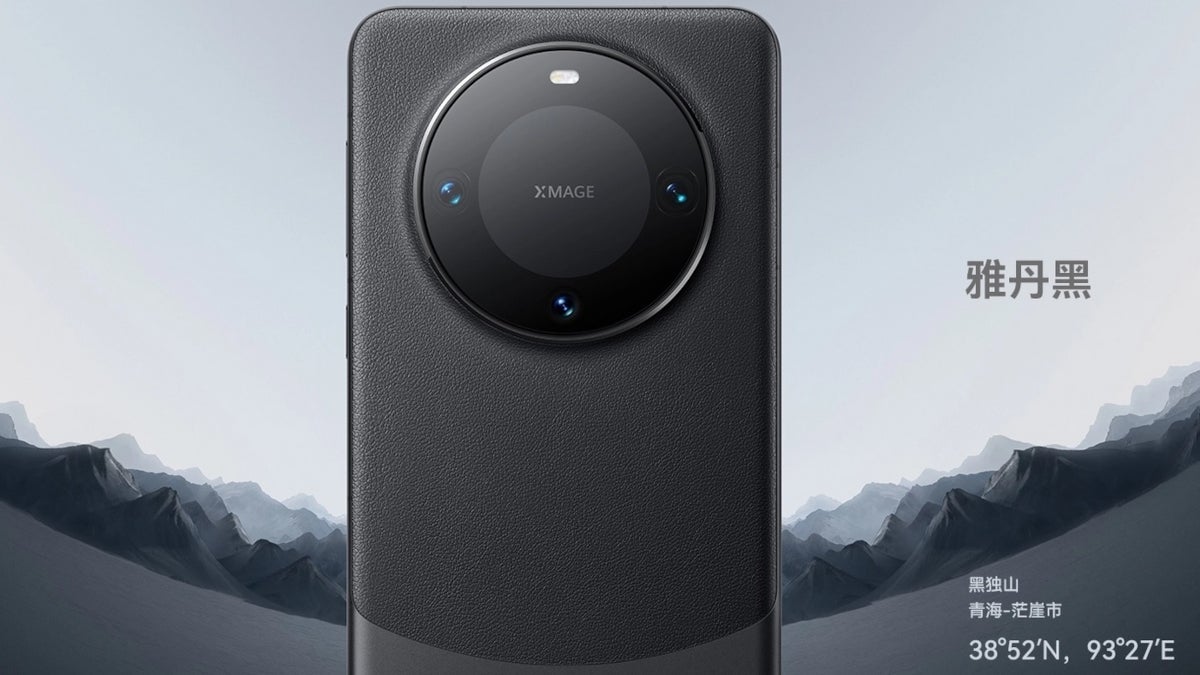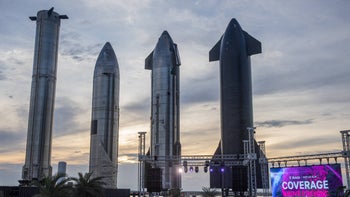After reportedly selling 30 million Mate 60 phones, Huawei is slowing down production for a reason

The late summer and early fall of 2023 was indeed a very interesting period for the mobile phone industry: the iPhone 15 line was released, and Huawei disclosed their 5G-capable Mate 60 – a phone that wasn’t meant to be. After all, the US did impose certain restrictions on Huawei and its inception kept some US officials up at night upon announcement.
This September will be even more interesting – it’s when the iPhone 16 series and the Mate 70 are going to be presented to the public. We’ll get to see what hardware the Mate 70 uses… and, we’ll also check out Apple’s AI progress. The Cupertino giant didn’t manage to get its AI homework done with the iPhone 15 line and lagged behind the competition, so it’s mandatory in 2024 to catch up (and then, keep up).
Speaking of AI, it’s what is slowing down the production rate of Huawei’s Mate 60 line.
There’s an exclusive Reuters report that says there’s such a hunger for Huawei’s AI chips that the Chinese tech giant decided to prioritize AI over its premium Mate 60 phones.
See, Huawei uses the same facility that produces both its Ascend AI chips and the Kirin chips that power its rival to Apple's iPhone and, according to insiders, the output has been crippled by a low yield rate – the yield is the percentage of acceptable chips produced compared to the maximum chip count on one wafer. If you care for cost and revenue, you’d naturally want some high-yield rates!
Since US sanctions in 2019 that cut access to advanced chipmaking tools (on national security grounds) and the smartphone industry took a blow, now Chinese customers have turned to domestic alternatives. Huawei’s Ascend AI chips are the answer to the US giant Nvidia’s AI chips (the AI chips market was 90% controlled by Nvidia, but that’s set to change) and the Ascend 910B is widely considered the most competitive non-Nvidia AI chip available in China.
Huawei has prioritized production of those exact Ascend chips over the Kirin chips for the Mate 60 so the phones’ manufacturing has been slowed down.
It’s not clear when this prioritization began, but this information falls in line with prior reports about Huawei’s inability to meet the heavy demand for the 5G Mate 60 line.
That’s a “first world problem” (as the web generation would put it) because Huawei has reportedly sold more than 30 million Mate 60 units.
There’s an exclusive Reuters report that says there’s such a hunger for Huawei’s AI chips that the Chinese tech giant decided to prioritize AI over its premium Mate 60 phones.
See, Huawei uses the same facility that produces both its Ascend AI chips and the Kirin chips that power its rival to Apple's iPhone and, according to insiders, the output has been crippled by a low yield rate – the yield is the percentage of acceptable chips produced compared to the maximum chip count on one wafer. If you care for cost and revenue, you’d naturally want some high-yield rates!
Huawei has prioritized production of those exact Ascend chips over the Kirin chips for the Mate 60 so the phones’ manufacturing has been slowed down.
It’s not clear when this prioritization began, but this information falls in line with prior reports about Huawei’s inability to meet the heavy demand for the 5G Mate 60 line.
Follow us on Google News














Things that are NOT allowed:
To help keep our community safe and free from spam, we apply temporary limits to newly created accounts: